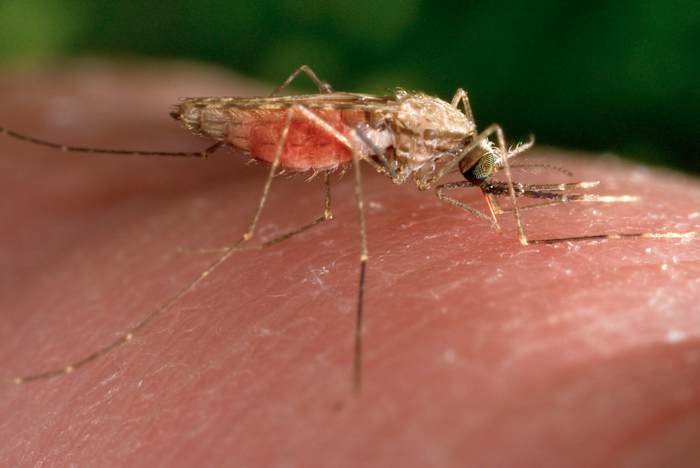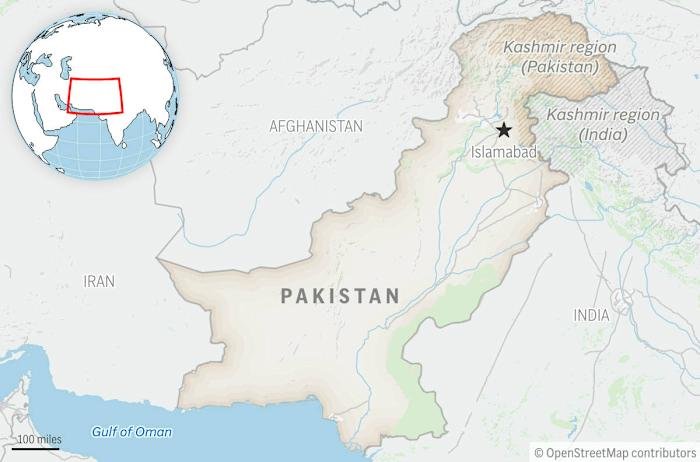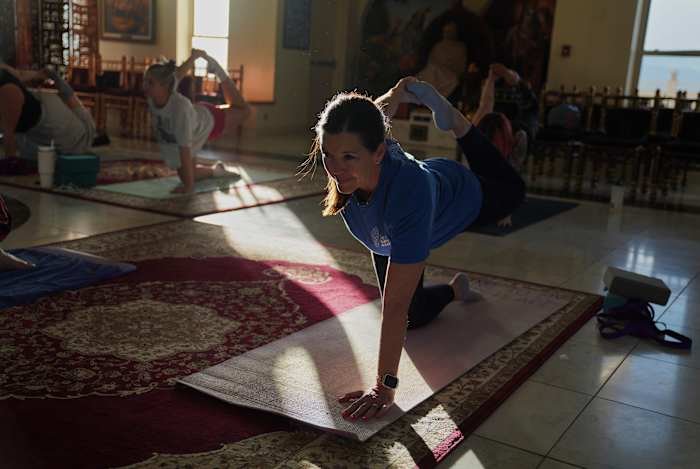In a landmark move, Switzerland’s medical products authority has granted the first-ever approval for an antimalarial drug specifically designed for infants. This decision marks a significant stride in the global fight against malaria, a disease that continues to affect millions of children worldwide. While Orlando, Florida, is not a malaria hotspot, this breakthrough carries important implications for our city’s global health connections, travel safety, and medical research communities.
Understanding the Swiss Approval: A Milestone for Infant Health
Malaria is a deadly mosquito-borne disease, particularly dangerous for infants and young children. According to the World Health Organization (WHO), children under five account for approximately 80% of malaria deaths globally. The Swiss Agency for Therapeutic Products (Swissmedic) has now approved a new antimalarial medication tailored for infants, the first of its kind. The drug, developed after years of clinical trials and research, is formulated to be safe and effective for babies as young as a few months old.
This approval sets a precedent for other regulatory agencies worldwide, opening the door for accelerated review and distribution of the medicine in countries where malaria is endemic. For Orlando’s robust medical and academic communities, this signals potential opportunities for local researchers to collaborate on global health projects and clinical studies.
Why This Matters: Global Health and Orlando’s International Ties
Orlando is a global city, home to a large international population and a major travel hub, with Orlando International Airport connecting travelers to malaria-affected regions in Africa, Asia, and South America. Many local families, students, and professionals travel abroad, and some immigrants in Orlando have loved ones in malaria-prone countries. The approval of a safe infant antimalarial drug means peace of mind for Orlando residents with family overseas and for global travelers who may need to take precautions when visiting high-risk areas.
Additionally, Orlando’s medical research sector, including institutions like the University of Central Florida College of Medicine and AdventHealth, actively participates in infectious disease research. The Swiss approval could provide a model for U.S. regulatory bodies like the FDA, and Orlando’s medical community may soon be involved in studies, education, or distribution related to this new treatment.
How the New Drug Works: Innovations in Malaria Treatment
The newly approved drug is designed specifically for infants, taking into account their unique physiology and vulnerability. Unlike existing antimalarial medications—which are often formulated for adults or older children and can have side effects or dosing challenges for infants—this drug offers:
- Improved Safety: Clinical trials demonstrated a favorable safety profile for infants, addressing concerns about toxicity and adverse reactions in this age group.
- Precise Dosing: The medication comes in a formulation suitable for small children, making it easier for parents and healthcare providers to administer the correct dose.
- Enhanced Efficacy: The drug has been shown to rapidly reduce malaria parasites in the blood, leading to faster recovery and reduced risk of complications.
While the drug is not yet available in the U.S., Swiss approval often serves as a benchmark for other countries, potentially accelerating its path to the American market. Orlando’s hospitals and pediatricians may soon have access to this treatment through international partnerships or special programs for travelers.
Implications for Orlando’s Healthcare and Local Community
Though malaria is not endemic in Orlando, this breakthrough is relevant for several reasons:
- Travel Medicine: Orlando’s travel clinics and pediatricians may eventually offer the new drug to families planning trips to malaria-endemic areas, ensuring better protection for infants.
- Global Health Education: Local universities and health organizations can use this approval as a teaching moment, raising awareness about malaria prevention and treatment among students and healthcare professionals.
- Community Support: For Orlando residents with roots in malaria-affected regions, the news provides hope for improved childhood survival rates and overall health outcomes for family members abroad.
- Research Opportunities: The city’s medical research centers may participate in future clinical trials or collaborative projects to study the drug’s effectiveness and potential integration into U.S. healthcare protocols.
Being informed about global health developments like this one empowers Orlando residents to make better decisions about travel, health, and community engagement.
What’s Next: Looking Ahead for Orlando and Global Health
The Swiss approval is just the beginning. Advocacy groups and international health organizations are now urging other regulatory bodies, including the U.S. Food and Drug Administration (FDA), to review the data and consider approval in additional countries. While the timeline for U.S. approval is uncertain, Orlando’s healthcare leaders and travel medicine specialists will be watching developments closely.
In the meantime, Orlando residents traveling to malaria-endemic regions are encouraged to consult with travel clinics, ensure they have up-to-date vaccinations, and follow recommended malaria prevention protocols, especially for infants and young children.
Conclusion: Join the Conversation
The Swiss approval of the first dedicated antimalarial drug for infants is a momentous step in the fight against a disease that continues to claim young lives. While Orlando is geographically distant from malaria-endemic regions, our city’s strong global ties and medical expertise make this news relevant for many local residents. What do you think about this medical breakthrough? How might it impact you, your family, or
















